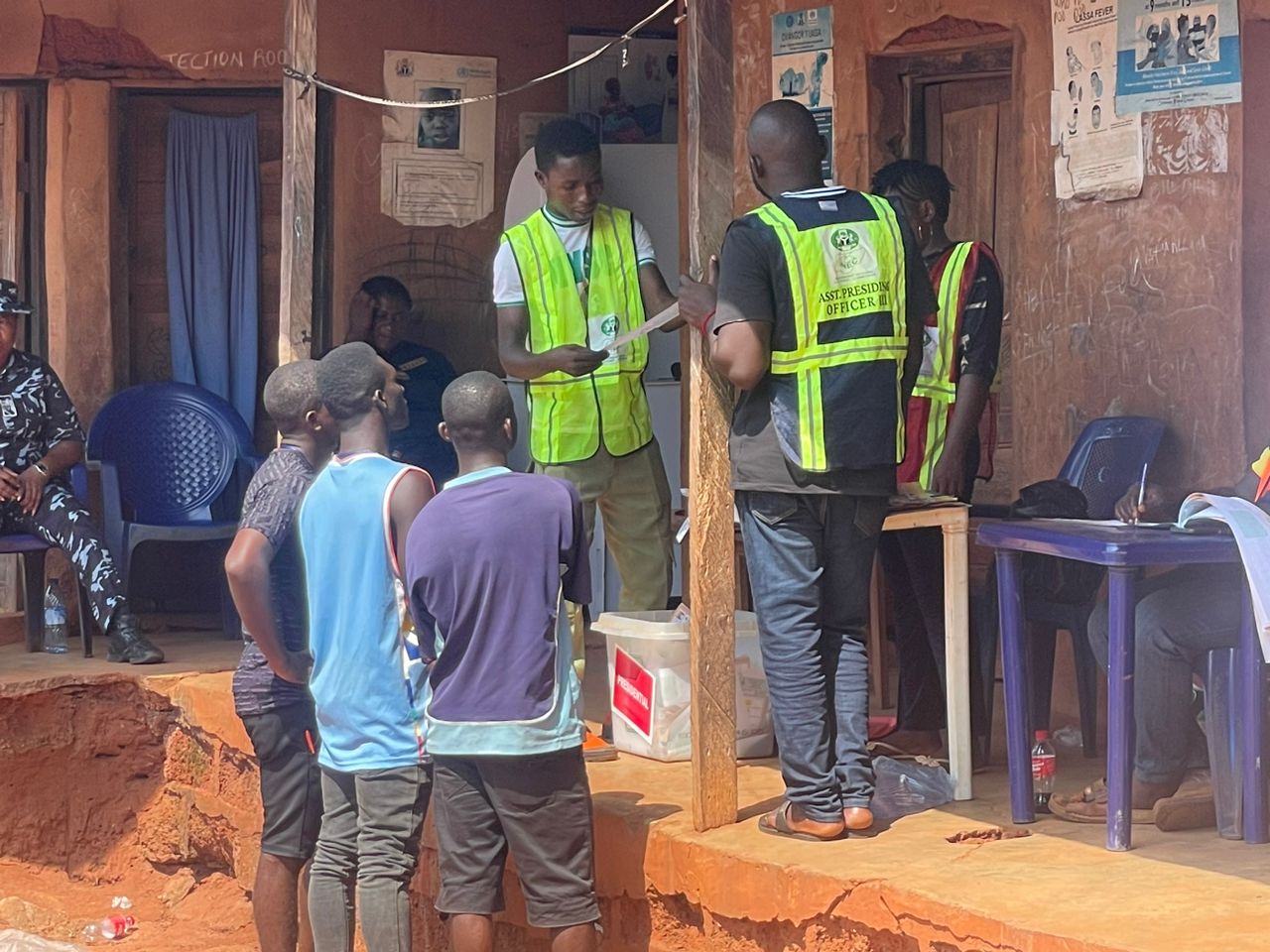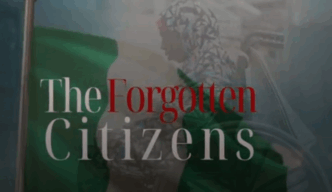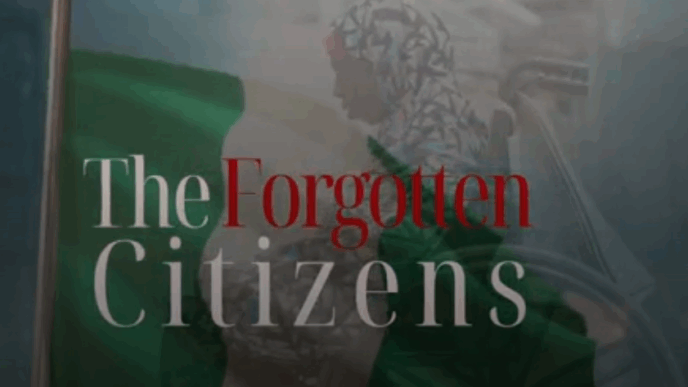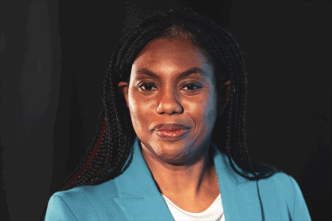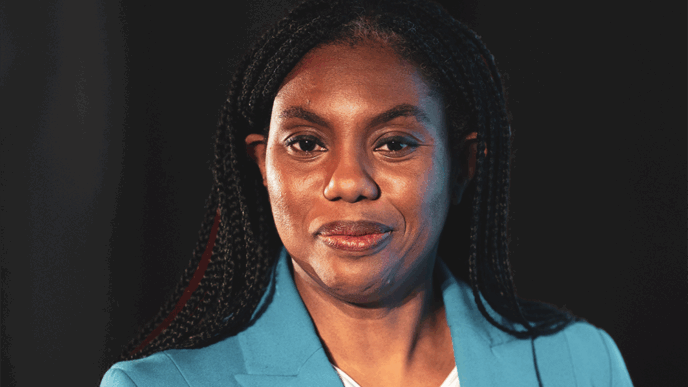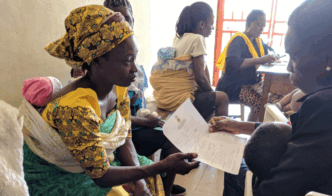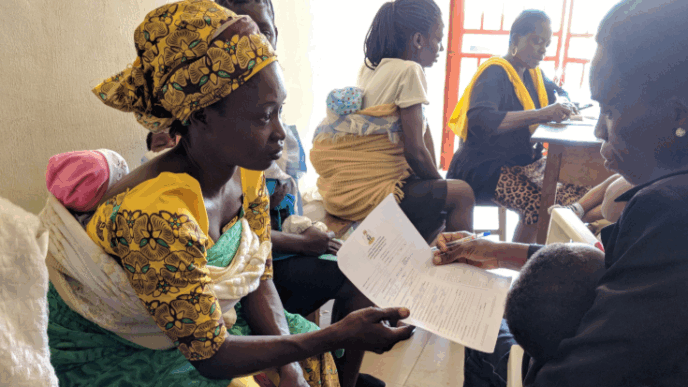BY AHMAD SHUAIBU ISA
In every society, no matter how democratic, religious, or culturally enlightened, there exists a quiet yet powerful undercurrent that shapes human behaviour more than any constitution or scripture: the politics of self-centredness. While much public discourse focuses on the failings of politicians and the prevalence of corruption, these behaviours often reflect deeper societal patterns.
Blaming those in power for oppression and hypocrisy is both easy and, at times, entirely justified. Many politicians, once entrusted to serve the public, become intoxicated by personal gain. The common good is sidelined, promises are forgotten, and deceit becomes a strategy for survival rather than a cause for shame. Governance often becomes a performance for applause rather than a sincere commitment to service.
Yet self-centredness is not confined to government institutions. It quietly seeps into religious spaces, where some leaders, once spiritual guides, now seek influence and personal glory. Sacred teachings may be repackaged to advance individual agendas, financial interests, or control over congregants. The crisis lies not in religion itself, but in those who manipulate its language as a tool for power.
Advertisement
This theme also extends into everyday relationships. It is present in families, businesses, workplaces, and friendships. Deceit is often normalised and excused in the name of survival or as part of “how the world works”. Individuals manipulate narratives to protect their image, even within religious contexts, make hollow promises, and maintain unrealistic expectations. Hypocrisy is not the weakness of a few but a widespread reflection of social norms.
What makes this dynamic particularly dangerous is its subtlety. Self-centredness may appear soft-spoken, well-dressed, articulate, and generous when viewed from a distance. However, under closer examination, it often conceals motives of self-preservation, the desire for validation, or the will to dominate, even when expressed through the language of rights, freedom, or love.
A Call for Awareness and Accountability
Advertisement
This is not a call for cynicism, but for awareness and accountability, especially on a personal level. Societies are not shaped solely by the powerful few, but by the cumulative decisions of ordinary people. Political dishonesty flourishes where minor falsehoods are tolerated. Religious manipulation grows where followers surrender critical thought. Injustice thrives where silence replaces truth.
The real challenge is to cultivate a culture in which truth is more than a concept, humility is regarded as strength, and power is exercised with responsibility rather than entitlement. Building such a culture demands self-examination, not just judgement of others.
Nigeria’s Political Crossroads Ahead of 2027
As Nigeria approaches the 2027 general election, the nation stands at a significant political crossroads. The entrenched All Progressives Congress (APC) faces rising opposition from the reform-oriented African Democratic Congress (ADC). While the APC enjoys infrastructural control and elite backing, the ADC presents a hopeful alternative focused on renewal, inclusion, and grassroots mobilisation. This competition reflects a deeper struggle over the direction of Nigeria’s political future.
Advertisement
The APC was formed not from ideological conviction but from strategic necessity. Established in 2013 through a merger of opposition parties, it succeeded in unseating the long-dominant People’s Democratic Party (PDP) in 2015. It has retained power through institutional dominance, elite alliances, and political pragmatism. However, its public credibility has eroded amidst widespread inflation, economic hardship, the removal of subsidies, and policies perceived to oppress minority groups. Despite this, the APC continues to wield significant influence through incumbency and political machinery.
The ADC, founded in 2006, has recently gained national prominence. It is now led by a diverse coalition of reformers, youth activists, and former political heavyweights. It promotes a civic revival by rejecting the traditional gatekeeping that has defined Nigerian politics. In principle, it opens leadership to women, young people, and first-time participants, representing what could be a quiet revolution in political legitimacy.
Contrasting Ideologies and Political Realities
Ideologically, the APC supports state-driven capitalism and social conservatism, with a focus on maintaining stability through elite consensus. In contrast, the ADC embraces liberal reform, digital governance, and participatory politics. Its vision remains untested, but it speaks to a growing public desire for a government that listens, adapts, and evolves.
Advertisement
From a strategic perspective, the APC retains substantial institutional control and electoral advantage. The ADC, while energetic and appealing to younger demographics, remains structurally vulnerable. It currently holds a few legislative seats and must prove it can convert public enthusiasm into tangible political power. Coalition-building efforts remain risky without a unified ideological foundation.
The pressing question is not merely whether the ADC can win in 2027, but whether it can survive and remain authentic in a political system known for absorbing reformist energies. It must build lasting trust at the grassroots level, resist elite influence, and avoid becoming just another platform for political redemption. Its contest is not only against the APC but against the deeply rooted inertia within Nigeria’s political culture.
Advertisement
The outcome of the 2027 elections will test the strength of both parties and the resilience of Nigerian democracy. One side offers continuity and predictability, while the other offers the uncertain possibility of meaningful change. Between them lies the nation’s next chapter – still unwritten, yet full of consequence.
The African Democracy Question: Suitability and Authenticity
Advertisement
For decades, many African nations have embraced democracy not only as a system of governance but also as a symbol of modernity and international credibility. Yet a crucial question remains: is the Western model of democracy truly suitable for Africa, or are we borrowing a framework that fails to reflect our cultural, historical, and social realities?
This question is not a rejection of democracy, but a challenge to assumptions. Western liberal democracy, defined by electoral competition, periodic voting, and the separation of powers, is not a universal template. Long before colonisation, African societies had functioning political systems built on communal values, collective leadership, councils of elders, and spiritual accountability – all of which are often absent in Western models.
Advertisement
Colonial powers dismissed these indigenous institutions as primitive, replacing them with foreign systems in the name of civilisation. After independence, African nations inherited legal and political frameworks that were often incompatible with their local contexts. Multi-party democracy sometimes deepened ethnic and religious fault lines. Centralised governments, although elected, often slid into authoritarianism masked by democratic procedures.
Reimagining Democracy in African Contexts
Scholars such as the late Professor Claude Ake warned that democratisation without cultural adaptation results in hollow institutions. Elections may occur regularly, but they do not always translate into justice, equity, or development. A deeper question must be asked: where is dignity, where is accountability, rooted in the values of community rather than in technical legalities?
This is not a call to abandon democracy, but rather to reshape it in ways that reflect African identity. Can we create participatory systems that respect traditional authority while also safeguarding individual rights and freedoms? Can we promote public service instead of the pursuit of power, consensus rather than conflict, and authenticity rather than foreign validation?
Some African nations have already begun this journey. Rwanda combines state-led development with local accountability through frameworks such as Imihigo. Botswana integrates traditional institutions like the kgotla with its parliamentary democracy. However, many others remain trapped in inherited structures that neither reflect their people nor address their problems.
In the end, this debate is about authenticity versus imitation. We must build governance systems that work not only in theory, but in the lived realities of African societies. Western democracies introduced useful tools such as freedom of expression, the rule of law, and leadership term limits. These tools are valuable, but they must be applied with wisdom and adapted to local needs.
African intellectuals and leaders must continue to ask the foundational question: Is this system truly ours? Or can we design something more effective, more just, and more culturally grounded? Can we, perhaps, draw inspiration from moral or divine principles, and reflect on what perfection might look like when grounded in spiritual or communal ethics? Our ideas, values, and aspirations matter- and they must shape the systems we choose to build.
Ahmad Shuaibu Isa can be contacted via [email protected]
Views expressed by contributors are strictly personal and not of TheCable.
